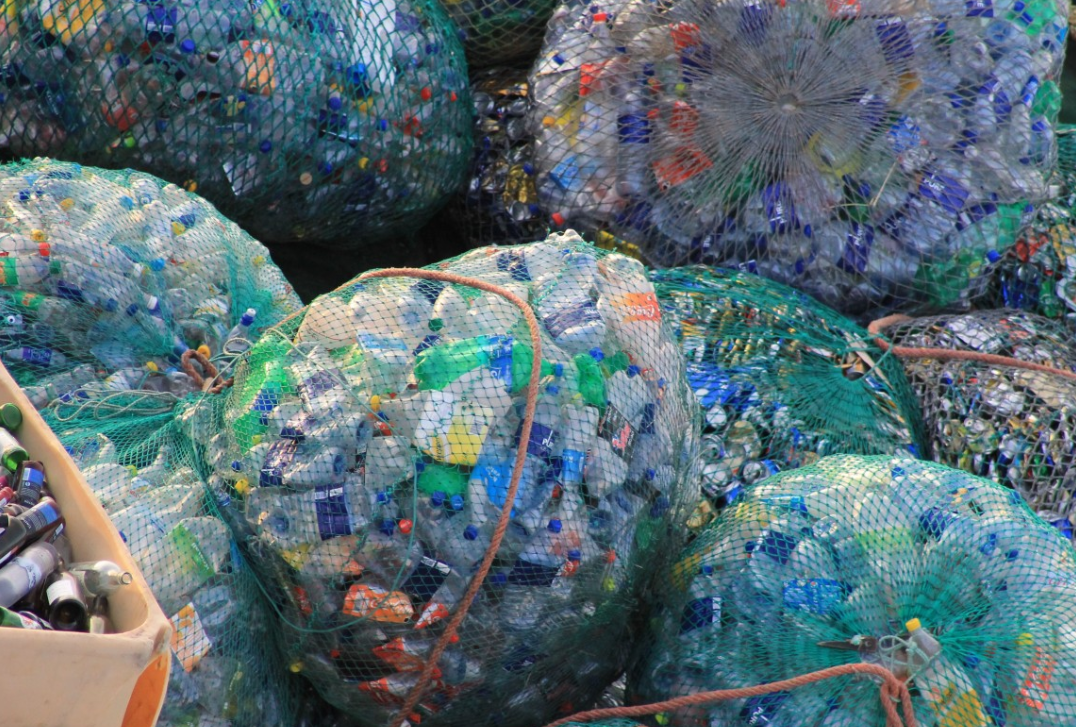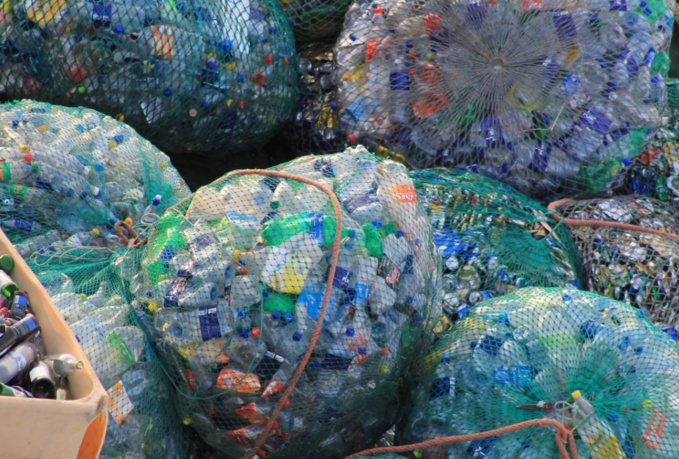The results of a study by scientists at the University of Portsmouth are published in the official papers of the US National Academy of Sciences. It is reported that it was possible to accelerate the degradation of polyethylene terephthalate (PET, the most used plastic for food and drink) into simpler compounds by combining two enzymes, PETase and MHETase, which have previously shown their effectiveness in degrading plastic.
In addition to the University of Portsmouth, American researchers from the US Department of Energy's National Renewable Energy Laboratory are involved in the enzyme combination project.
The result was achieved largely thanks to the creation of a new type of enzyme, PETase, which degrades plastic 20% faster than its predecessors.
Data from the research company Grand View Research on the growth of the market for disposable masks Partly reflect the sharp surge in plastic use: last year it was $ 800 million, this year, according to the company's forecasts, its volume will reach $ 166 billion. According to scientists from the Portuguese University of Aveiro, published in mid-June in the journal Environment, Science & Technology, 129 billion masks and 65 billion gloves are used every month in the world during a pandemic.
The need to reduce plastic waste stimulates scientists and businesses to approach this problem from the other side, by creating and promoting biodegradable plastic. According to experts, the global bioplastics market will grow by an average of 9.7% per year in the next seven years alone and by 2027 will reach $ 7.6 billion. The main engine of this market is expected to be the EU, where quite strict measures to restrict and use traditional plastics.
At the same time, experts expect that companies from North America and Asia can become one of the fastest growing players in the bioplastics market.
source: pnas.org, pubs.acs.org
In addition to the University of Portsmouth, American researchers from the US Department of Energy's National Renewable Energy Laboratory are involved in the enzyme combination project.
The result was achieved largely thanks to the creation of a new type of enzyme, PETase, which degrades plastic 20% faster than its predecessors.
Data from the research company Grand View Research on the growth of the market for disposable masks Partly reflect the sharp surge in plastic use: last year it was $ 800 million, this year, according to the company's forecasts, its volume will reach $ 166 billion. According to scientists from the Portuguese University of Aveiro, published in mid-June in the journal Environment, Science & Technology, 129 billion masks and 65 billion gloves are used every month in the world during a pandemic.
The need to reduce plastic waste stimulates scientists and businesses to approach this problem from the other side, by creating and promoting biodegradable plastic. According to experts, the global bioplastics market will grow by an average of 9.7% per year in the next seven years alone and by 2027 will reach $ 7.6 billion. The main engine of this market is expected to be the EU, where quite strict measures to restrict and use traditional plastics.
At the same time, experts expect that companies from North America and Asia can become one of the fastest growing players in the bioplastics market.
source: pnas.org, pubs.acs.org



















